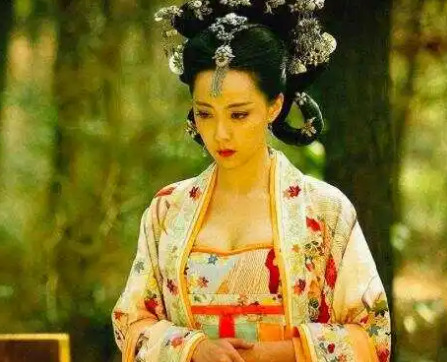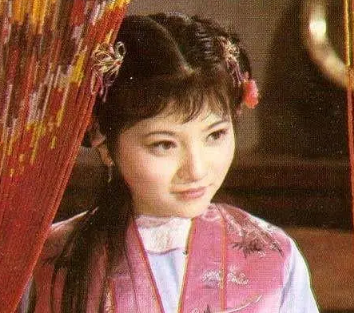In the history of the Ming Dynasty, Emperor Jiajing was a controversial monarch. During his reign, he devoted himself to governing the country diligently in his early years, and the country once experienced a resurgence. However, as time went by, Emperor Jiajing's interest in politics gradually diminished, especially in his later years, when he became obsessed with alchemy and Taoist cultivation, leading to the neglect of state affairs. This transformation provoked later generations to reflect deeply on the relationship between power, belief, and responsibility.

Firstly, the reason why Emperor Jiajing did not love to attend court was partly due to his fatigue with the operation of power. Long-term political struggles and palace intrigues had depleted his enthusiasm for politics. As he grew older, this fatigue transformed into indifference to power, making him more inclined to seek personal peace and spiritual sustenance.
Secondly, Emperor Jiajing's obsession with alchemy and Taoism in his later years reflected his desire for immortality. In ancient China, alchemy was believed to be able to produce elixirs of immortality, and many emperors had dreams of pursuing eternal life. Emperor Jiajing was no exception, and he hoped to achieve immortality through alchemy, thus freeing himself from the constraints of mortals. This pursuit partly explained why he neglected state affairs and devoted his energy to alchemy and cultivation.
Moreover, Emperor Jiajing's behavior in his later years was also influenced by the Taoist priests and favorite officials around him. These figures often catered to the emperor's superstition for their own interests, advocating the miraculous effects of alchemy. In such an environment, Emperor Jiajing's beliefs and behavior gradually deviated from the norm, leading to the neglect of state affairs.
Finally, Emperor Jiajing's neglect of court attendance in his later years had severe consequences for the country. The neglect of state affairs led to increased political corruption, inefficient bureaucracy, and a miserable life for the people. These problems eventually accumulated, laying the foundation for the turmoil and decline of the later Ming Dynasty.
In conclusion, the reasons for Emperor Jiajing's neglect of court attendance and obsession with alchemy in his later years were multifaceted, including personal fatigue with power, the pursuit of immortality, the adverse influence of those around him, and neglect of national responsibilities. This historical phenomenon reminds us that even the most powerful individuals should maintain a clear mind and properly handle the relationship between personal beliefs and national responsibilities to avoid causing unnecessary disasters to the country and its people.
Disclaimer: The above content is sourced from the internet and the copyright belongs to the original author. If there is any infringement of your original copyright, please inform us and we will delete the relevant content as soon as possible.































